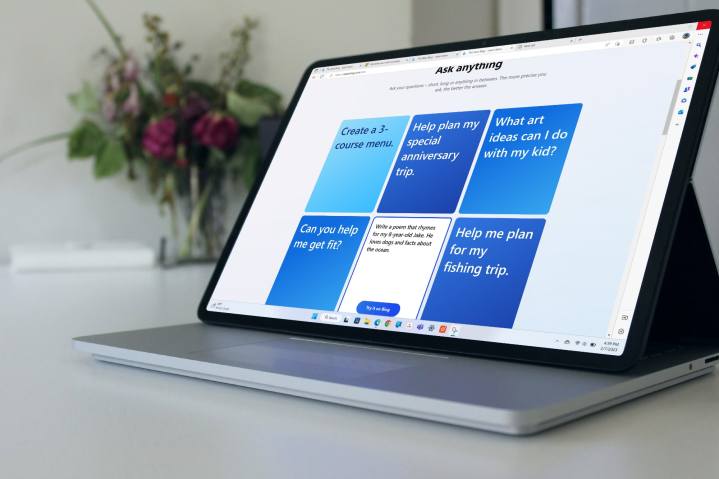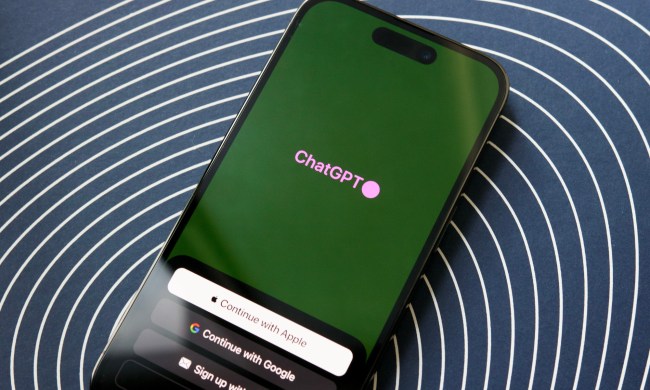There was a mad rush to sign up for Microsoft’s new ChatGPT-powered Bing search, perhaps signaling a turnaround for the search engine that seemed forever destined to be in second place, given Google’s overwhelming dominance. Over a million people requested early access to Bing’s ChatGPT-powered search.
You might already know the reason for this sudden interest. The new Bing has AI superpowers that allow it to converse like a human while accessing a vast store of knowledge from the internet. In a few short months, we’ve all grown to understand how important that is, thanks to the game-changing AI goodness of Dall-E and ChatGPT, among others.

As interest in ChatGPT surged, Microsoft made a deal with OpenAI to use its advanced technology in Bing. While ChatGPT is based on GPT-3.5 (Generative Pre-trained Transformer version 3.5), Bing uses a more advanced model that performs much faster and, unlike ChatGPT, can access current information.
With that kind of power, it’s no wonder over a million people have signed up to use it. Microsoft’s Corporate Vice President Yusuf Mehdi shared the news in a recent tweet and invited more people to join the waitlist.
We're humbled and energized by the number of people who want to test-drive the new AI-powered Bing! In 48 hours, more than 1 million people have joined the waitlist for our preview. If you would like to join, go to https://t.co/4sjVvMSfJg! pic.twitter.com/9F690OWRDm
— Yusuf Mehdi (@yusuf_i_mehdi) February 9, 2023
Given Microsoft’s enormous infrastructure, powered by Azure cloud computing, rolling out to more than a million people shouldn’t be a problem. There’s competition coming, though, as Google is slowly rolling out is rival Bard AI to trusted testers now.
While Microsoft won’t be moving as quickly as OpenAI, since it has more to lose if the new Bing starts going off the rails, the huge demand could accelerate the rollout of the new Bing. A faster rollout would allow Microsoft to take advantage of the resurgence of interest before Google’s own AI chat, Bard, becomes widespread.
There are a slew of ChatGPT alternatives already making the rounds as well. None of them have been integrated into search yet, but other browsers, like Opera, are already looking at leveraging AI.



